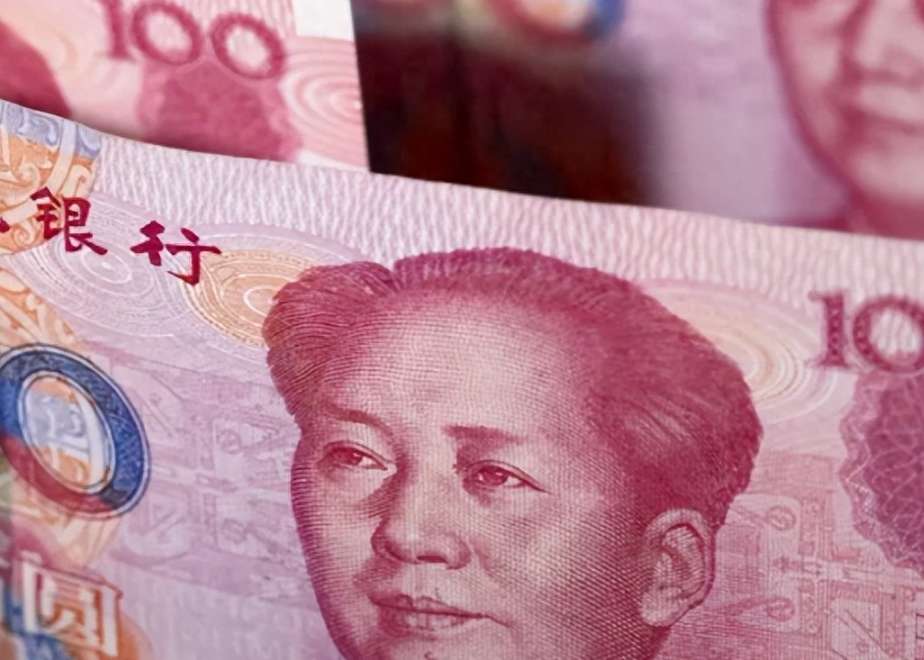Currency Defense Boosts Markets
Advertisements
The past few weeks have witnessed a remarkable transformation in the value of the Chinese yuan, which has not only halted its continuous decline but unexpectedly rebounded to notable heights. As of now, the exchange rate has even breached the significant threshold of 7.13, marking the highest point reached in nearly four months. This sudden turn of events has caught the attention of both domestic and international observers, raising questions about the factors driving such a remarkable recovery.
In earlier conversations, many experts and commentators had predicted a continued depreciation of the yuan, especially in light of repeated calls from the Chinese central bank for monetary stability. The sentiment was generally pessimistic, with a growing sense of doubt prevailing among investors about the yuan's ability to maintain its value against a backdrop of weakening economic indicators and external pressures.
However, this latest performance seems to indicate that the tide may have shifted. We have effectively countered speculative attacks on the yuan, thereby winning the battle to stabilize its exchange rate. At the heart of understanding this reversal lies an analysis of what had previously driven the yuan down.
A myriad of factors contributed to the yuan's previous decline, but one of the most significant was the U.S. Federal Reserve's aggressive interest rate hikes. As the yields on U.S. Treasury securities escalated in tandem, the U.S. dollar index has also seen a robust upward trend. In the global currency market, the strength of the dollar tends to overshadow other non-dollar currencies, causing many to depreciate in its wake.

As the dollar regained its strength, it was only natural for many foreign currencies, including the yuan, to face considerable downward pressure. Notably, China's foreign exchange reserves have been dwindling, approaching their lowest levels in several decades. Yet, recent shifts in the market, especially the sudden climb of the yuan against the dollar from approximately 7.34 to 7.13, amounting to a dramatic increase of 2,100 basis points, injected significant volatility into the atmosphere.
This remarkable change signals an influx of capital into China, where investors seek safety and assurance as year-end approaches. The situation has spurred widespread interest from various sectors of society, each keen to understand the implications of this dramatic shift.
Exchange rate fluctuations are indeed a multifaceted subject, heavily influenced by an array of factors. The strong showing of the yuan invites us to consider the underlying forces behind this noteworthy development.
A critical aspect to look at is the reduced pace of the Federal Reserve's interest rate hikes and its subsequent effects on the yuan's valuation. From the end of last month to mid-November, the dollar index saw a decline of 2.65%, which undoubtedly provided a strong push for the yuan's appreciation.
Several key drivers have propelled the yuan's recent ascent. Foremost among them is the recent meeting between the leaders of China and the United States, which sent out positive signals. This high-level dialogue has effectively alleviated geopolitical uncertainties, offering the market a relatively stable environment conducive for investment and trade activities.
Such stability tends to have a positive impact on economic activities, nurturing conditions that support the yuan's strength. Furthermore, inflation data from the United States in October exceeded expectations on the downside, indicating a diminishing necessity for further interest rate increases by the Federal Reserve this December.
Meanwhile, China's MLF (Medium-term Lending Facility) operations and the November LPR (Loan Prime Rate) remaining unchanged further indicate that Chinese monetary policy has not implemented any significant tightening measures. This equilibrium in interest rates offers an environment conducive to the stability of the yuan's exchange rate.
Adding to this positive backdrop, China's macroeconomic data for October has shown promising trends, pointing to improvements across major economic indicators and overall stability in economic performance. The introduction of counter-cyclical policies has led to a rebound in both export growth and domestic consumption, contributing solidly to economic momentum.
This favorable development creates a robust support system for the yuan's valuation, with the strong macroeconomic performance empowering the currency to flourish within the market. As sentiment shifts positively, the yuan has naturally emerged as a favored option among traders.
But what does a stronger yuan mean for the Chinese capital markets? This inquiry involves considering several intricate factors. To begin with, fluctuations in the yuan's exchange rate have far-reaching implications for global financial flows. An appreciation of the yuan could entice more foreign capital into the domestic markets, where investors may find opportunities in Chinese stocks and bonds, potentially causing a rise in the value of these assets.
Conversely, a depreciated yuan could deter foreign interest, leading to diminished trading activity in domestic markets, thus lowering asset prices. Therefore, while the yuan’s value impacts capital flows, the specific consequences depend heavily on other contextual variables.
Let’s also delve into the potential effects of a rising yuan. Many analysts suggest that a stronger yuan could raise the price of exported goods, subsequently decreasing profits for export-oriented companies. On the flip side, cheaper imports could stimulate domestic consumption, encouraging more purchases of foreign goods.
The implications of an appreciating yuan stretch beyond mere market trends—trade dynamics are also intricately intertwined. Furthermore, there is concern regarding what might happen should the yuan appreciate too rapidly. Rapid gains could lead to a depletion of foreign reserves, complicating the country’s ability to manage external debts.
The volatility associated with rapid yuan appreciation might additionally provoke swift movements of short-term capital, presenting challenges for regulatory bodies seeking to maintain financial stability.
In summary, shifts in the yuan's exchange rate harbor significant implications for markets, trade relations, and broader economic conditions in China. To effectively navigate these complexities, both the government and businesses must enhance risk management and control measures, ensuring a steady and healthy economic environment.
Post Comment